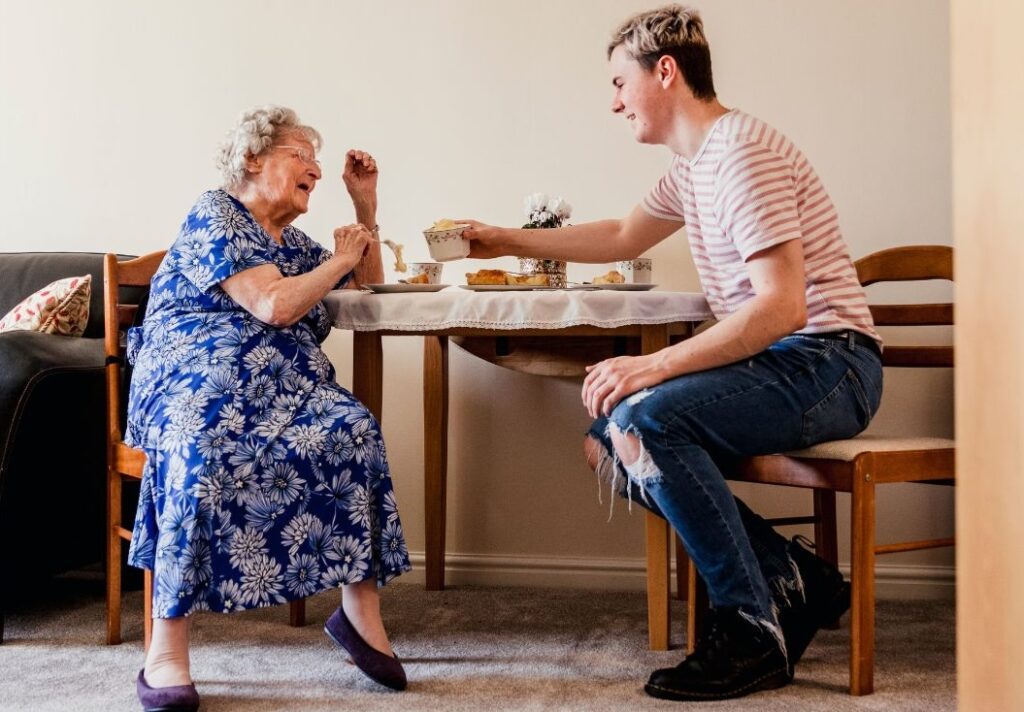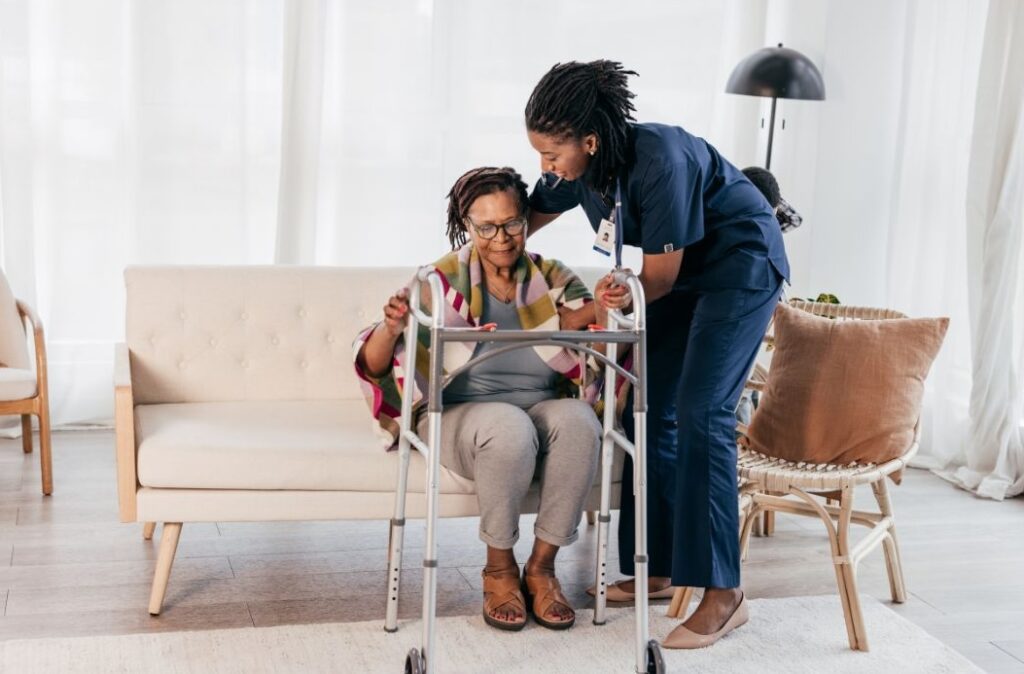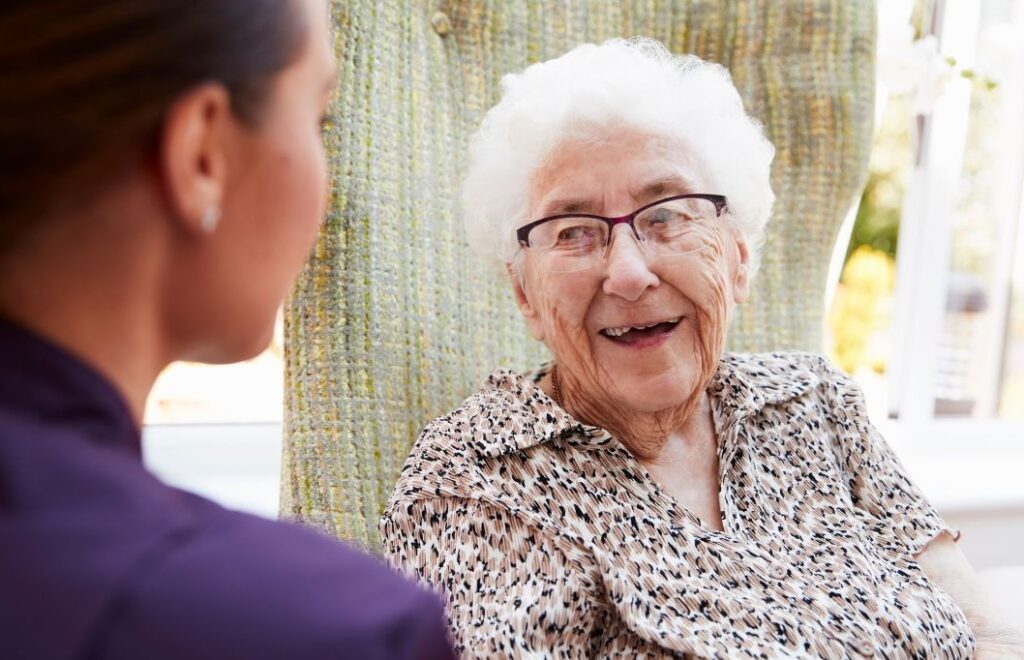When you have a relative who cannot take care of all of their own needs, you want to make sure that they get the best possible help. You want to ensure that they are treated with respect and dignity and get the care that is specific to their needs.
Fortunately, different levels of care are available to your loved one. Here, we will take a closer look at them, helping you decide which is right for them.
Assessing Your Relative’s Needs

First, consider your loved one’s needs to understand better how any particular illness or condition affects their ability to live independently. This involves identifying specific health issues or medical conditions and understanding the impact of these conditions on daily life and overall well-being.
This assessment should serve as the baseline for determining the patient’s care level.
The Levels of Care

From there, your relative’s level of care will depend on a more detailed assessment of their daily needs. This includes working out whether they need temporary or long-term support.
You should also look closer at the nature of those needs, such as whether they need assistance with day-to-day tasks or more personal hygiene care. Here, we will look at specific services available to you and your loved one.
So, what are the different levels of care?
Hospital Recovery Care
When an individual moves from the hospital into the comfort of their own home, they may not immediately be able to enjoy the quality of life and independence they did before.
Hospital stays lead to inactivity, meaning the individual may feel weak once discharged. Care after being discharged from hospital can help them perform tasks and alleviate them of household chores.
The carer will help them regain function and fitness levels and can work with a physiotherapist to create a tailored programme. All of this can ensure that the patient has the best chance of a quicker recovery.
Respite Care
If you are acting as your loved one’s carer, it’s essential to understand the necessity for time and space of your own.
Help with respite care allows you to take a break from care whether you have needs to attend to or require a well-deserved break.
A carer can come in for just a few hours a day or even while on holiday, providing the same quality of care you would want to give your loved one.
Palliative Care
Designed for those approaching the end of life, palliative care helps you ensure the comfort and contentment of a loved one, be it for a few days, months, or even years, depending on the individual and their condition.
A place of familiarity, such as your relative’s own home, is best for the individual surrounded by their loved ones. Live-in care will ensure they have 24/7 assistance, making their final days easier and more enjoyable.
Our focus on compassionate care can include routine domestic tasks, companionship, and emotional support.
Companionship
If someone only needs companionship, or they’re lonely, isolated, and struggling to leave their home, then a care service may be the most suitable option.
A carer can drive them to the shop or social events, ensuring they remain connected to the outside world. They are equipped with empathy, understanding, and the training to ensure a high standard of care.
Find a carer for companionship to meet both your loved one’s practical and emotional needs.
On the other hand, if your loved one wants security at night, giving you and your family peace of mind too, then overnight care or 24-hour live-in care may be more suitable.
As with the other levels of care mentioned thus far, the costs vary, which we’ll cover in the next section.
Your Budget

When choosing a carer, you must consider your budget. All kinds of carers, including 24-hour live-in carers, are more affordable than care homes.
We can also offer help and information on how to fund live-in care to ensure that you’re able to meet the needs of your loved one as best as possible.
Finding the Right Live-In Carer

On top of knowing the type of care that your loved one requires, you also want to choose the right live-in carer to provide it.
IP Live in Care will ensure that your relative is matched with a carer that suits them, based not just on their needs but also their personality and preferences.
We introduce the carer to the individual they will be helping and can arrange a trial run at your loved one’s home to see if it’s a suitable match.
Adjusting as Needs Change

Our needs can change as time progresses, whether due to changes in lifestyle, age, or health developments. Ivy Palmer Home Care offers bespoke solutions, from matching an individual to the proper care and ensuring they receive the care they need, whether short or long-term.
We have experience in helping people accommodate the changing needs in their lives, bringing the flexibility and transparency that is so essential.
As the relative, ensure you find out the expectations of the carer, any holidays, and their flexibility, and be open about how long you think an individual may need care. Collaboration and communication between all parties is the pathway to the best standard of care.
Take the time to consider the information above, and think about the level of care that is best suited to your loved one. If you believe they need one, find a live-in carer with the help of IP Live in Care, and we will ensure the best level of support to increase their independence and improve their quality of life.

